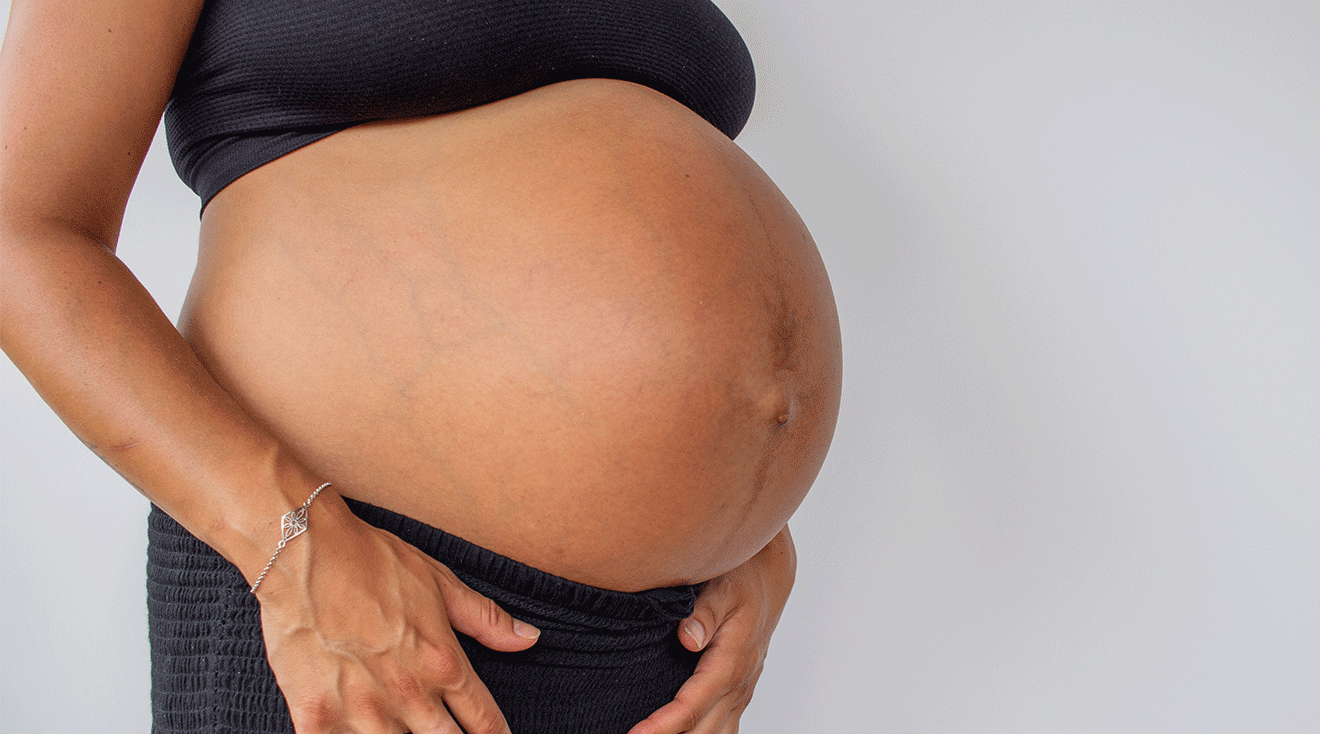Hello to all expectant parents! Today, we will explore the third trimester of pregnancy. This time is full of excitement as you wait for your new baby to arrive. But, it’s also when your body and your baby go through a lot of changes. Let’s learn about these changes!
Credit: www.researchgate.net
Weeks 28 to 40 – The Final Stretch!
The third trimester lasts from week 28 to week 40. Sometimes, it will go a little past week 40. This is the time when your baby grows the most!
Baby’s Growth And Development
- Baby gets bigger: Your baby will grow a lot during this time. They will gain weight and get ready to meet you.
- Bones get harder: The baby’s bones are hardening, but the skull stays soft. This is so the baby can pass through the birth canal more easily.
- Practice breathing: Your baby will practice breathing even though they’re still inside you. They do this by moving their chest and taking in amniotic fluid.
- Better at hearing: Babies can hear well now. They might react to sounds or your voice.
Changes In Your Body
You will notice some changes in your body, too. Here are a few:
| Body Change | What You Might Feel |
|---|---|
| More Weight | You might feel heavier and slower. |
| Frequent Urination | Going to the bathroom a lot is normal. |
| Tiredness | You might feel really tired and want to rest. |
| Swollen Ankles | Your ankles might puff up because you’re carrying more weight. |
Taking care of yourself is very important. Eat healthy foods and rest when you need to. Talk to your doctor about any worries you have.
Getting Ready For Baby
You have lots to do to get ready for your baby’s arrival. Here’s a list to help you:
- Prepare the nursery: Make a safe and cozy space for your baby to sleep and play.
- Choose a pediatrician: Find a doctor who will look after your baby’s health.
- Take a childbirth class: Learn about giving birth and taking care of your baby.
- Pack your hospital bag: Have clothes and other things you’ll need for the hospital ready to go.
Doctor Visits
During the third trimester, you will visit the doctor more often. These visits check if your baby is healthy. Your doctor will watch your baby’s growth and listen to their heartbeat. You might also have more tests to make sure everything is okay.

Credit: www.thebump.com
Important Tips for a Healthy Third Trimester
- Stay active: Gentle exercise is good for you and your baby. Try going for walks or swimming.
- Eat well: Your body needs healthy foods to help your baby grow. Eat fruits, vegetables, and lean protein.
- Get plenty of sleep: Your body is working hard. Going to bed early or taking naps can help you feel better.
- Drink water: Water is important for you and your baby. Try to drink 8 glasses a day.
When To Call The Doctor
If you feel something isn’t right, call your doctor. Some things to watch for include:
| Sign | What It Could Mean |
|---|---|
| Very Bad Headache | This could be a sign of high blood pressure. |
| Seeing Spots | This can also be a sign of high blood pressure. |
| Swelling Hands/Face | Too much swelling might be a sign of a problem. |
| Belly Pain | This might mean there is an issue inside your belly. |
Getting Excited to Meet Your Baby
The third trimester is a time to get ready for your baby’s arrival. It is okay to feel nervous or excited. Remember to take care of yourself and talk to your doctor if you have worries or questions. Soon, you will have your baby in your arms. This is a very special time!
We hope this article helps you understand the third trimester better. Wishing you all the best for the coming weeks!
Frequently Asked Questions Of What Happens In Third Trimester Of Pregnancy? Key Changes
What Are Third Trimester Symptoms?
Common symptoms include backache, fatigue, heartburn, swelling of the ankles, and frequent urination.
How Does Baby Develop In Third Trimester?
During the third trimester, the baby’s bones are fully formed, senses are developed, and it gains weight rapidly, preparing for birth.
Can I Travel During The Third Trimester?
Travel is usually safe but consult your doctor as airlines and medical professionals may have specific guidelines or restrictions.
What Are The Signs Of Labor?
Signs of labor include contractions, water breaking, back pain, and the baby dropping lower into the pelvis.